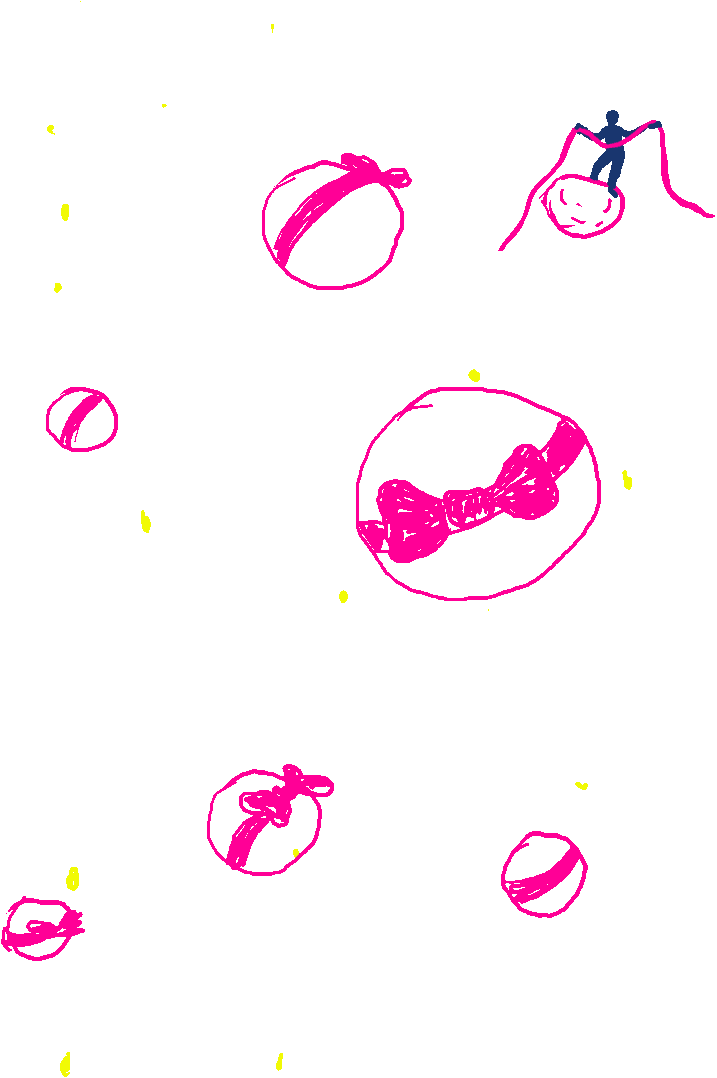Editor’s Note: Don Lincoln is a senior physicist at Fermilab and does research using the Large Hadron Collider. He has written numerous books, including “The Large Hadron Collider: The Extraordinary Story of the Higgs Boson and Other Things That Will Blow Your Mind,” and produces a series of science education videos. In collaboration with the Great Courses company, he recently released a video course about the theory of everything. Follow him on Facebook. The opinions expressed in this commentary are his.
Story highlights
Don Lincoln: Scientific method is the powerful mechanism for understanding nature
Lincoln: Policymakers' deliberations should be informed by the best scientific thinking
I’m marching for science.
As I stand in a crowd, surrounded by chanting people and signs covered with clever slogans, it occurred to me that not everyone will understand why I chose to spend this chilly day on the Chicago lakefront when my sofa is a lot comfier. It’s because I think it is critical that the scientific method play a prominent role in informing public policy.
But the reason I marched isn’t just political. It’s personal. It’s simple, really. I love science. I always have. In fact, I cannot recall a time where I was ever not interested in understanding the world around me.

In retrospect, it’s clear that my fascination with science has constantly guided my life choices. You see, I grew up on the outskirts of a small and rural town, and it’s not like science was a common subject over dinner. My dad never finished high school, and I could have easily followed in his path as a mechanic. But while I always appreciated his wizardry with a wrench, it never appealed to me.
Instead, I read voraciously, both science and science fiction. Although I remember seeing man walk on the moon as a young child, it was the Apollo-Soyuz missions where I really began to understand what it all meant. I watched the Voyager and Pioneer missions reach milestone after milestone and read everything I could about Skylab. Many nights, I would lay under a cloudless sky and watch the stars. I was fascinated by all things astronomical.
As a teen, I became engrossed with deep and existential questions such as: How did the universe come into existence? What started it all? Why do things work the way they do, and does the universe have to be the way it is? Needing to know the answer to these questions is what drove me to study physics and to choose to devote my life to becoming a researcher. I simply need to know. I always needed to know.
Certainly, wanting to understand the answer to these questions isn’t new to me. Our earliest writings asked the same things. Over the millennia, answers were offered that were first theological and then philosophical. But, with the advent of the scientific method and the inclusion of empirical testing, the game changed.
Science has taught us fundamental truths that these earlier approaches could never achieve. Genetics has revealed the intricate interconnections in the web of life and how all organisms are related. Medicine brought us the knowledge of germs, which led to improved sanitation and the discovery of antibiotics, extending the human life expectancy by decades.
Meteorology can now warn us of approaching hurricanes and tornadoes, and has saved countless lives. Phenomena that were once thought to be the province of mercurial gods are now known to have physical and understandable causes.
Even the existential questions that fascinate me have begun to yield their secrets. While questions certainly remain, we know how the universe began and, in large particle accelerators, we can literally recreate the conditions common in the universe a fraction of a second after it began. To be sure, there is more to learn, but we understand the broad strokes. And if this fact doesn’t make you at least a little proud of what it means to be a human, then I don’t know what will.
Science isn’t a body of knowledge. It’s a process. The scientific method is the most powerful method ever devised for getting at the truth of how the world around us works. Hypotheses are proposed, tested, subjected to rigorous and critical review, and revised. The process is repeated again and again until all criticisms are answered. At that point, we can be sure that our conclusions are robust, and we can be confident that any actions we take based on them are justifiable.
In our technological world, it is inevitable that questions will arise that have scientific facets. And, in my not very humble opinion, the scientific voice should be part of the conversation. Of course, science will not be alone; questions of economics, politics and values must be taken into consideration. But the scientific thinking is unique in that it is ultimately objective. Cigarettes either enhance cancer risk or they don’t. Opinion plays no role.
We ask our government officials to make laws that protect the common good, and this is, admittedly, a challenging task. But I want their deliberations to be informed by the best scientific thinking.
Get our free weekly newsletter
As they consider regulation of genetically modified organisms, I want them to use accepted scientific fact, not fear. As they mull over questions of cell phone radiation and cancer, or the importance of vaccinations, I want them to base their conversations on scientific knowledge, not misinformation. If policymakers begin with the scientific consensus, they can then consider more effectively the thornier issues of politics, economics and values.
For me, I view the march as a way to draw the busy public’s attention to science and its important role in society. The march is a good thing, for it advocates that the most powerful mechanism for understanding nature should be used to help humanity move forward into a complex future.
While there might be some marchers whose motivations include being against a particular policy or politician, that’s not why I’m taking part. I am not against anything. I am for something. I’m marching for science.







